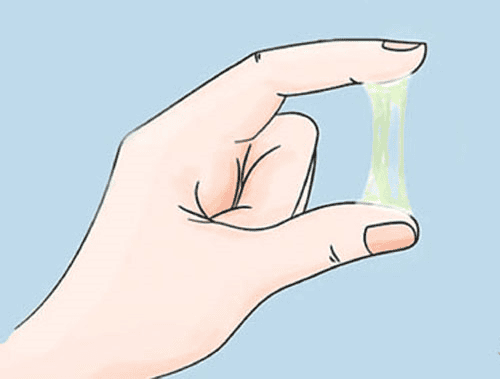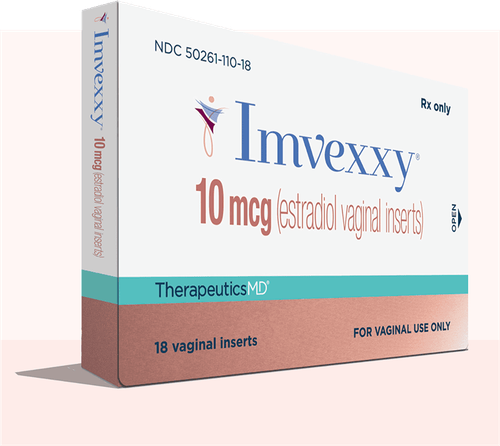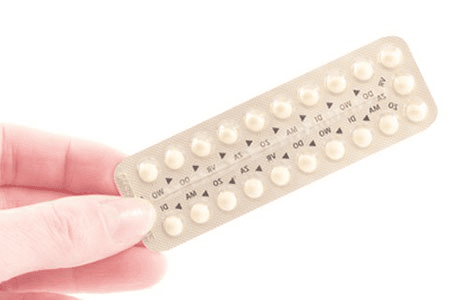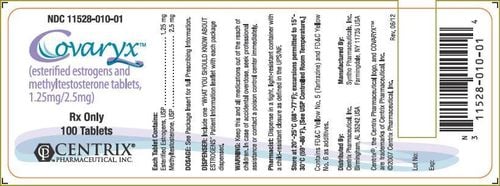This is an automatically translated article.
Vaginal dryness is a common problem in women. Hormonal changes are the most common cause of vaginal dryness, but not the only one. Vaginal dryness is rarely serious but causes discomfort and greatly affects quality of life.
1. The role of vaginal discharge
Vaginal discharge is a thin layer of moisture that coats the vaginal wall. This moisture provides an alkaline environment for sperm to survive and move. These vaginal secretions also lubricate the vaginal walls, reducing friction during sex. As women age, changes in hormone levels can cause the vaginal wall to thin. This means fewer cells that secrete moisture, leading to vaginal dryness.
2. What are the harmful effects of vaginal dryness?
Vaginal dryness can cause discomfort in the vaginal and pelvic area. Other symptoms of vaginal dryness such as:
Burning sensation, vaginal pain Loss of interest in sex Pain during sex Light bleeding after intercourse Urinary tract infection that does not go away or comes back Itching or Vaginal stinging In addition, vaginal dryness also affects psychology, making women ashamed, inferior, and inferior.

Âm đạo khô còn ảnh hưởng đến tâm lý, khiến người phụ nữ xấu hổ, mặc cảm, tự ti
3. What causes vaginal dryness?
Decreased estrogen levels are the main cause of vaginal dryness. Women begin to produce less estrogen as they age. This leads to the cessation of menstruation during perimenopause. However, menopause is not the only condition that reduces estrogen production. Other causes include:
Pregnancy or breast-feeding: Falling estrogen levels reduce vaginal secretions Smoking: Affects blood flow to body tissues, including the vagina Stress Excessive: Difficulty achieving arousal and limited vaginal discharge. Stress can also cause various inflammatory processes in the body. This can affect blood flow or nervous system conduction. Drinking alcohol: Alcohol dehydrates the body and this affects the vagina. Alcohol is also a central nervous system depressant. This means that the nerves are no longer sensitive compared to someone who doesn't drink alcohol. As a result, the mind-body connection may not be as effective in stimulating vaginal lubrication as it should be. Allergies: Fragrance products can irritate and cause vaginal dryness. Examples include scented detergents or fabric softeners used to wash underwear, lotions or scented products, scented toilet paper, soaps. If vaginal dryness begins after using a new product, discontinue use immediately. Sanitizer: Perfumes and other ingredients in douches can dry out vaginal tissues. Therefore avoid douching as it is unnecessary and almost always does more harm than good. Taking antihistamines: Antihistamines block the effects of allergic reactions, blocking the responses that regulate the neurotransmitters responsible for vaginal lubrication. When antihistamines are stopped, vaginal dryness should improve. Birth control pills: Lowering estrogen levels can cause vaginal dryness. Antidepressants: Some common antidepressants, such as selective serotonin reuptake inhibitors (SSRIs) and tricyclic antidepressants, can have a side effect of vaginal dryness. Asthma medications: Some medicines used to treat asthma are called anticholinergics, such as ipratropium bromide and tiotropium bromide. These drugs block the action of the neurotransmitter acetylcholine, which helps relax the airways. However, it can cause dryness of mucous membranes, including the mouth and vagina. Immune system disorders: Such as Sjögren's syndrome Certain cancer treatments: Such as radiation to the pelvis, hormone therapy, or chemotherapy Surgery to remove the ovaries
4. When to see a doctor?
Vaginal dryness is rarely a serious medical condition. But see your doctor if the discomfort lasts more than a few days or feels uncomfortable during sex. If vaginal dryness is accompanied by severe vaginal bleeding, seek medical attention immediately. If left untreated, vaginal dryness can cause sores or cracks in the tissues of the vagina.
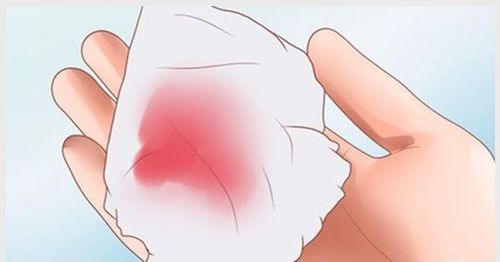
Nếu âm đạo khô kèm theo chảy máu âm đạo nghiêm trọng, hãy đến cơ sở y tế ngay lập tức
5. How to treat vaginal dryness?
There are many over-the-counter lubricants that can be applied to the vaginal area to reduce dryness and discomfort. These lubricants and moisturizers can also change the pH of the vagina, reducing the likelihood of UTIs.
Women should choose a lubricant specifically for the vagina, which should not contain perfumes, herbal extracts or artificial colors because it can cause irritation.
In some cases, your doctor may prescribe medications such as estrogen therapy in the form of pills, creams, or rings that release estrogen. Creams and rings release estrogen directly to the tissues. Birth control pills are more likely to be used when there are other unpleasant menopausal symptoms, such as hot flashes.
6. How to prevent vaginal dryness?
Limit the use of products that cause irritation, such as douches with cleaning solutions. Avoid using condoms that contain nonoyxnol-9 or N-9 because they contain chemicals that can cause vaginal dryness. Importantly, however, it is not possible to prevent age- or reproductive-related changes to the vagina.
In short, vaginal dryness causes discomfort and affects quality of life. There are many causes of this condition, but the most common is a drop in estrogen due to menopause. Vaginal dryness is rarely serious and there are many treatments and ways to help prevent it. However, if vaginal dryness does not improve, see your doctor for appropriate treatment.
Currently, Vinmec has deployed the Basic Gynecological Examination and Screening Package. This examination package can detect inflammatory diseases early, making treatment easy and inexpensive. When registering for the Basic Gynecological Examination and Screening Package, customers will receive:
Gynecological examination. Transvaginal ultrasound of the uterus and ovaries. Bilateral breast ultrasound. Tests such as: Treponema pallidum rapid test, Chlamydia rapid test, taking samples for cervical-vaginal cytology, bacterioscopic staining (female vaginal fluid), HPV genotype PCR automated system, total analysis Automated urine collection.
Please dial HOTLINE for more information or register for an appointment HERE. Download MyVinmec app to make appointments faster and to manage your bookings easily.
Reference source: healthline.com




